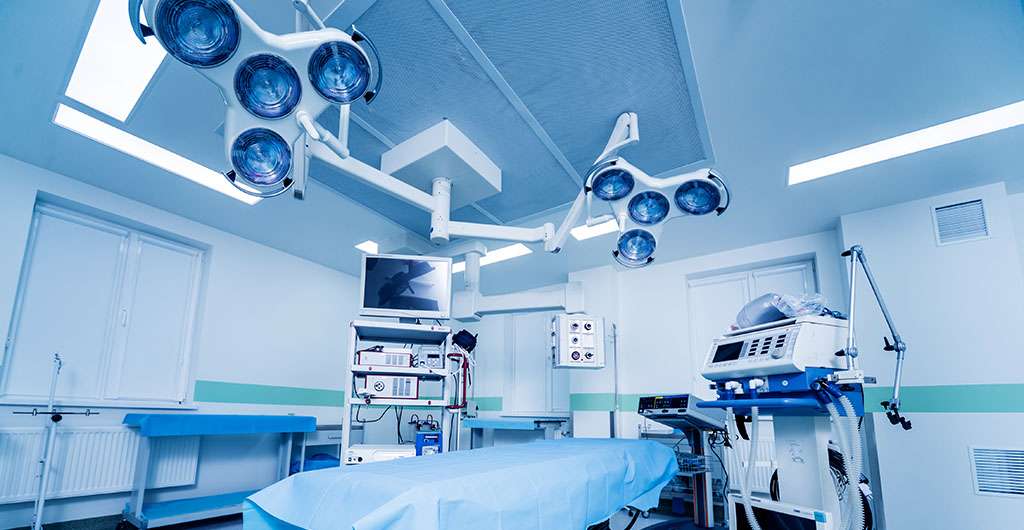Equipment's / Machineries
For a hospital to score high in terms of patient experience, the medical equipment used by the physicians must be top-notch. Right from a small thermometer to a massive CT scan machine, hospitals house a plethora of medical equipment, used for diagnosis, monitoring, or treatment purposes.
Investing in medical equipment is a decision that you should make with careful consideration as a small mistake can cascade into big problems.
Cost consideration
Investing in medical equipment is no casual decision because of the mammoth costs. {Sometimes 30 % of the funds}. Take quotes from multiple Hospital equipment suppliers before finalizing on a cost-effective option.
Need assessment
It is necessary to evaluate whether your healthcare facility really needs a particular equipment and only then go forward with the purchase as every extra rupee spent can add to your overheads.
Technology up gradation
Another factor to remember is that with the constant up gradation of technology, medical equipment can get obsolete quickly.
No compromise of quality
When it is a matter of wellness and lives, there should be no compromise on quality. Select the most advanced, convenient, easy to operate equipment within the budget threshold to get the best possible patient outcomes. Medical equipment suppliers may have a wide assortment of choices which may confuse you.
Read the fine print of the contract
The decision to purchase should also be based on which vendor gives the best deals in terms of inspection, maintenance, and repair of the medical equipment. Healthcare equipment planning is thus an intricate task with complexities and challenges, and it is better to outsource this job to a hospital management consultancy firm with expert Hospital equipment supplier.

They participate in every step of hospital equipment management.
1 ) Planning
Hospital equipment planners weigh their decision only after an in-depth perusal of your needs and situation.
2 ) Coordination with designing team
Hospital planning consultants confer with architects, designers, and construction managers to get the optimum space to house the machines with consideration of floor area, ceiling height, thickness of walls, soundproofing, electrical fixtures, storage facilities and others.
3 ) Acquisition
Hospital equipment planning professionals guide you to purchase equipment that delivers the best possible outcomes at the best possible cost.
They take care of the specifics of deals with vendors or manufacturers. They examine manuals and documents, operating and safety instructions etc. to spare you from any future hassle.
4 ) Inspection
Hospital equipment planners scrutinize and inspect the medical equipment upon delivery to rule out any problems or damages.
5 ) Inventory and Documentation
Hospital equipment planners help you in maintaining a file of your medical equipment with details like model and serial number, warranty, and purchase invoice.
6 ) Installation
Hospital equipment planners have the experience to check that the installation takes place without a hitch.
7 ) Accreditation
The medical equipment has to be certified for quality as the safety and has to meet Accreditation Standards like the AERB. Hospital equipment planners can help in this
8 ) Training
Your staff must be trained in the operation, handling, safety protocol and maintenance of the new medical equipment. Hospital equipment planners can impart this training to your workforce.
9 ) Maintenance
Hospital equipment planners will orchestrate the periodic maintenance of your medical equipment. They conduct regular audits to validate the efficiency and quality of your medical equipment. They will also coordinate with the hospital equipment supplier in case of repairs.
10 ) Replacement and Upgradation
Like all other technology-dependent products, medical equipment has a life cycle and can become obsolete after a couple of years. Hospital equipment planners can make an audit of the stage in life cycle and recommend upgradation or replacement and help you procure the latest in that genre.
Hospital equipment planning and procurement is a quintessentially important process which may be the key to the success of your venture but involves colossal efforts. The good news is that you can outsource it to a Hospital Management Consultancy firm with experienced equipment planners.
These are a team of multi-skilled professionals from diverse backgrounds who can help you manage your medical equipment needs from start to finish so that you can focus on what you love doing, namely taking care of your patients.
Our services involve a whole array of activities ranging from collecting catalogues from leading manufacturers, approving architectural blueprints, planning for electrical requirements, and running financial feasibility studies and a whole lot more. Our team works in tandem with other professionals like architects, healthcare interior designers, Healthcare equipment suppliers, and engineers to get you superior medical equipment.
